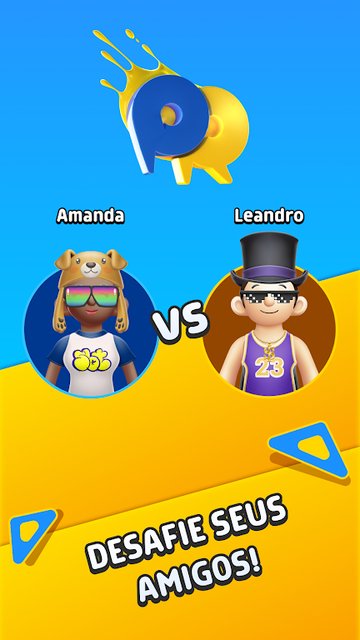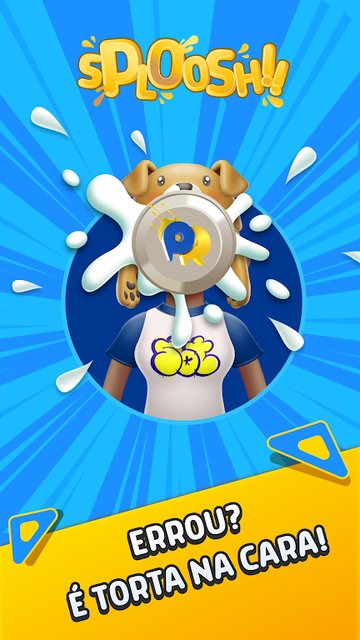"Passa ou Repassa" is a game adapted from an entertainment program, typically played during family gatherings or television shows. Its core concept revolves around a quiz game where participants must answer various fun and sometimes challenging questions to win rewards or avoid getting into predicaments. The game can be played in various settings and is usually accompanied by light-hearted and enjoyable interactions.
Key features of the game include:
Question and Answer Challenges: The core of "Passa ou Repassa" involves question and answer challenges where participants need to respond to a range of questions covering different topics, including knowledge, culture, entertainment, fun, and daily life.
Team Competition: The game is typically played with two teams, each consisting of multiple participants. Participants work to earn points for their respective teams by answering questions and completing challenges.
Challenges and Penalties: In the game, some answers to questions may result in challenges or penalties, rather than just earning points. This adds to the game's entertainment value as participants have to make choices between challenges and penalties.
Entertainment Value: The game emphasizes entertainment and aims to bring moments of laughter and light-heartedness. Participants often respond to questions in a relaxed and humorous manner, adding to the fun of the interaction.
Audience Engagement: The audience can also engage in the game by posing questions or commenting on the participants' performances, making the game more interactive.
Versatile Settings: "Passa ou Repassa" can be played in various settings, such as family gatherings, parties, television shows, and more, making it suitable for players of different ages to participate in.
In summary, "Passa ou Repassa" is a fun quiz game typically played in different settings to promote interaction and entertainment, and to test participants' knowledge and wit. It is suitable for family or social gatherings to foster interaction and amusement while challenging participants' knowledge and cleverness.
Passa ou Repassa Mod Apk v3.4.5(Speed Hack/No Ads)
Updated On Apr 16, 2024
 Speed Hack/No Ads
Speed Hack/No Ads
 Speed Hack/No Ads
Speed Hack/No Ads
App NamePassa ou Repassa
Tagnull
Versionv3.4.5
Mod InfoSpeed Hack , No Ads
Package Namecom.sbt.passaourepassa
CategoryTrivia
Size132.98M
MOD features
 Speed Hack/No Ads
Speed Hack/No Ads

























